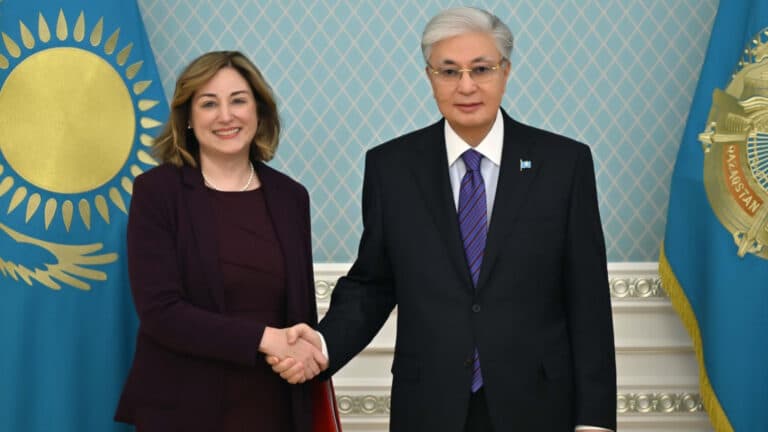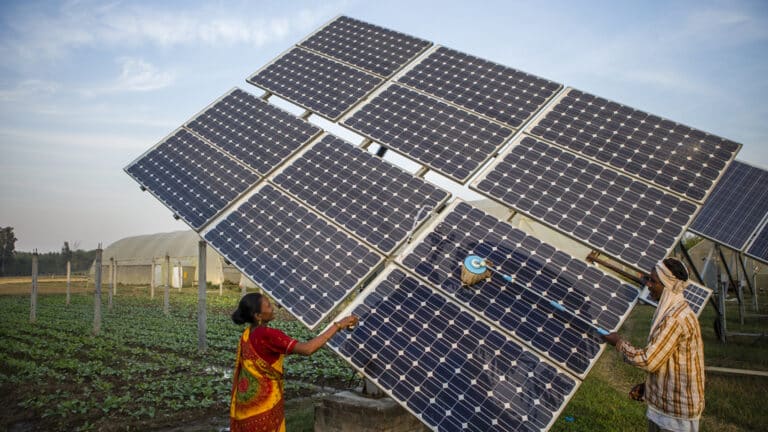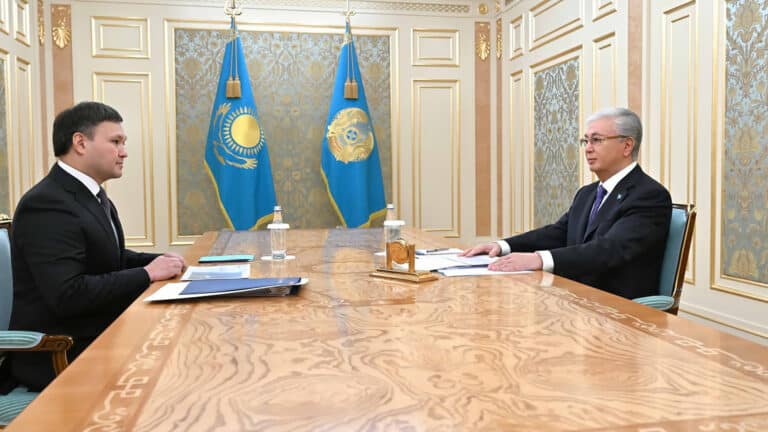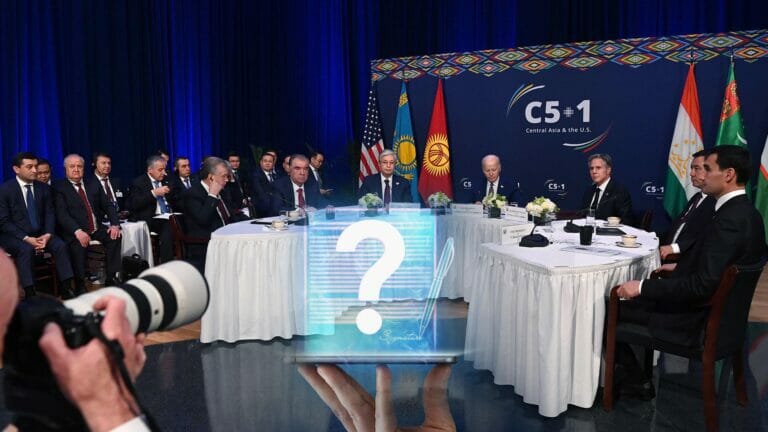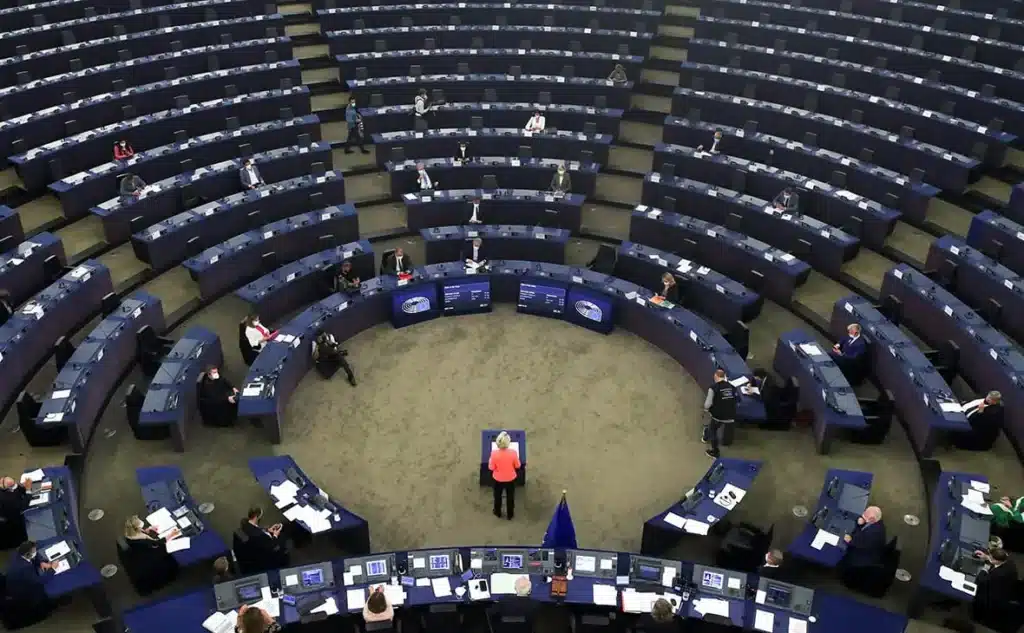
The European Parliament (EP) wants the EU to revise its strategy toward Central Asian countries as the geopolitical situation in the region is changing, the DW reported. The parliament’s new resolution suggests expanding political and economic cooperation between the EU and Central Asia.
During voting on January 17, 2024, 543 MPs supported the resolution, while 42 voted against the document and 44 abstained from voting.
According to German MP Karsten Lucke, «Russia’s isolation as a result of its war of aggression against Ukraine, the strengthening of trade routes through Central Asia bypassing Russia, the planned enlargement of the EU in Eastern Europe and the growing influence of China in the region call for a complete rethink of the EU’s Central Asia strategy and a more active presence of the democratic EU in the region as an alternative to established autocratic actors.»
«Taking new paths to new partnerships – more than important in our new geopolitical environment,» he wrote on Instagram.
«The EP strongly encourages the EU to intensify its engagement with Central Asia, given the geostrategic importance of the region, and to promote a strategic partnership with these countries by expanding cooperation at political and economic levels,» the resolution said.
What did MPs of the EP say about Kazakhstan?
– The EP «calls on the Kazakh authorities to continue implementing political and economic reforms, which should strengthen democracy, the rule of law and good governance;»
– MPs noted that Kazakhstan is the first Central Asian state that ratified the Enhanced Partnership and Cooperation Agreement (EPCA).
About cooperation.
The resolution stresses the significance of promoting regional integration along the Trans-Caspian International Transport Route or the Middle Corridor.
MPs also called for intensifying EU-Central Asia cooperation in the sphere of energy ensuring the Central Asian states access to modern technologies and quality jobs while guaranteeing secure and competitive access to raw materials and energy for the EU.
Earlier this year, Kazakhstan’s Minister of Trade and Integration Arman Shakkaliyev said that the EU sanctions envoy remained satisfied with Kazakhstan’s cooperation. He also pointed out that Kazakhstan fully meets its international obligations as the number of goods subject to control exported from Kazakhstan is declining.


